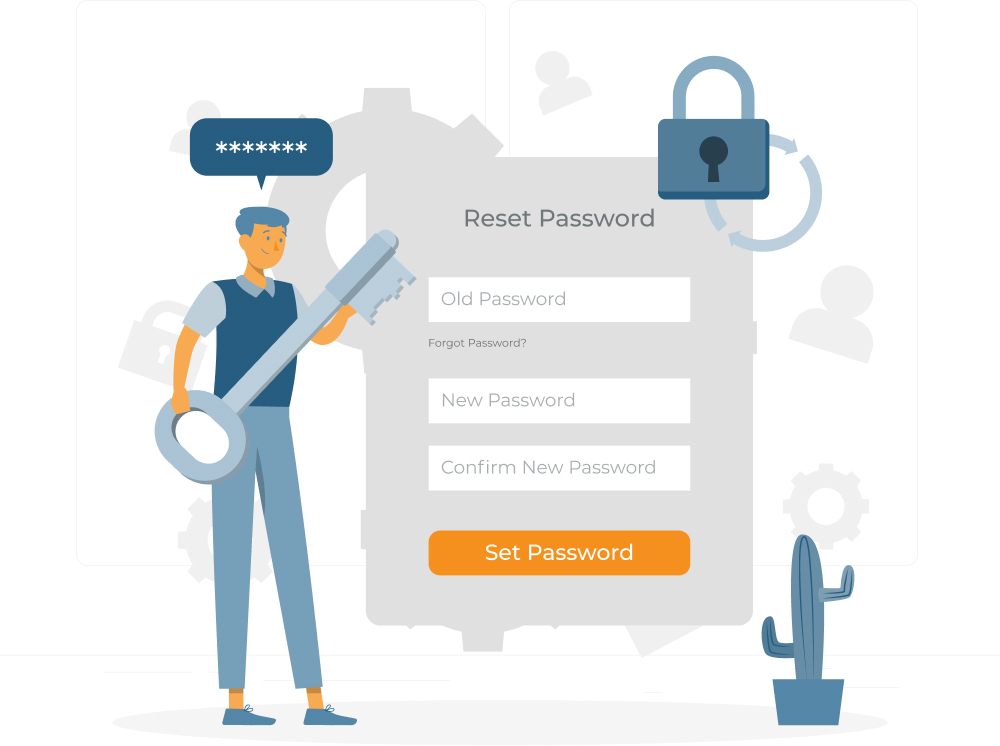Communication | Learning & Development
Part 3: Advanced Interviewing Techniques
5 course series
This specialisation will help you develop the English language strategies and communication skills you need to advance in your professional career. Whether you already have a successful career and are looking to move forward, whether you’re looking to change careers, whether you’re starting out in the world of work, or whether you’re coming back into the world of work after some time away – if you believe in working for more than a paycheck, then this specialisation will help you. The core courses cover preparing for a successful job search, including self-research and research of the job market and industries of interest; strengthening your interview skills by recognising what hiring managers are looking for and taking steps to prepare for the types of tough questions today's premier companies use; and preparing a resume, cover letter and supporting business documents. The capstone will allow you to apply the skills you learn in this specialisation to your own job search.
A key benefit of this specialisation is the opportunities you'll have to practice your interviewing skills with other job-seekers from around the world. You’ll give them feedback and they’ll give you feedback. In this process, you’ll gain new insight into what makes a speaker successful and you’ll gain confidence in your English interviewing skills.

Flexible
Start Date
21 Hours
Duration
Achievement
Certification
The University of Maryland
Course Provider
FREE
Prerequisites
None
Basis
Part-Time
Location
Online
Course Fees
FREE
What you'll learn
People interviewing for jobs today often fail because they are using yesterday's strategies. Recruiting technology has become more sophisticated, and the best employers are constantly changing the way interviews are done. This course gives you detailed strategies for handling tough competency-based, or behavioral, interviews so that you can communicate the knowledge, skills, and abilities that you have and that employers demand.
You will be able to:
- Identify what the hiring organisation is looking for in using behavioural interviewing techniques
- List the steps in the S.T.A.R. response strategy and apply the steps, using reasonably correct language, to respond to behavioural interview questions
- Use your responses to behavioural and competency-based questions to communicate your personal values
- Identify what the hiring organisation is looking for in asking situational and wild-card interview questions
- List the steps in the P.R.E.P. and 5 W's response strategies and apply the steps, using reasonably correct language, to answer at least one wild card and two situational interview questions
- Develop an optimal strategy for responding to the weaknesses question, based on recognising why a hiring organisation asks these questions
- Demonstrate your personal strengths and maturity through your responses to the weaknesses question
- Correctly apply hedging language to soften a negative and boosting language to emphasise a positive aspect of your professional and/or academic background
- Ask questions to determine how well an organisation fits with your personality, career goals and salary objectives
- Ask questions that communicate your competencies and strengths
- Negotiate the best job offer and compensation package for yourself
- Perform successfully on telephone interviews
There are 5 modules in this course
Course Modules
In this module, you will learn how to respond to behavioural interview questions, also known as competency-based interview questions. You will learn to: differentiate competencies from skills, break down the thinking behind a hiring organisation's use of this approach, contrast behavioural interview questions with traditional questions, identify the characteristics of a successful behavioural interview response, apply the S.T.A.R. response strategy to behavioural interview questions, recognise how behavioural interview responses show job competencies, respond to the three most common behavioural interview questions, and communicate benefits to the hiring organisation through your responses.
In this module, you will learn how to respond to situational interview questions, also known as "What If" interview questions. These also include the so-called "wild-card" interview questions. You will learn to: recognise what the hiring organisation is looking for in asking these questions, communicate your character values through your responses, apply the P.R.E.P. response strategy to answering interview questions and apply the Pros. vs. Cons. response strategy to answering interview questions, and apply the 5 W's response strategy to answering interview questions.
In this module, you will learn how to respond to questions that probe for weaknesses. You will learn to: recognise what the hiring organisation is looking for in asking these questions, avoid common pitfalls in answering this question, demonstrate mature self-assessment skills through this question, demonstrate the ability to take responsibility for your own growth, demonstrate your ability to perform under pressure, use hedging language to soften negative information, use boosting language to emphasise positive information, and a strategy for positioning yourself for executive assignments.
In this module, you will learn how to ask your own questions and how to negotiate a job offer. You will learn to: ask questions that communicate your strengths and competencies, ask questions that help you determine whether the organisation is a good fit for you, ask questions that help you align the interview with your career goals, probe for organisational characteristics that can complement your strengths, assess your market value to the company, negotiate the best salary and compensation package for yourself.
In this module, you will learn how to perform successfully on telephone interviews. You will learn: how best to prepare for phone interviews, how to communicate a strong, confident personality on the phone, how to maintain your confidence throughout a phone interview, how to manage the business conversation of a phone interview, how to close a phone interview in your favour, how to improve your skill with every phone interview.
Course Provider
The University of Maryland, College Park is the state's flagship university and one of the nation's preeminent public research universities. A global leader in research, entrepreneurship and innovation, the university is home to more than 40,700 students, 14,000 faculty and staff, and nearly 400,000 alumni all dedicated to the pursuit of Fearless Ideas. Located just outside Washington, D.C., we discover and share new knowledge every day through our renowned research enterprise and programs in academics, the arts and athletics. And we are committed to social entrepreneurship as the nation’s first “Do Good” campus.


